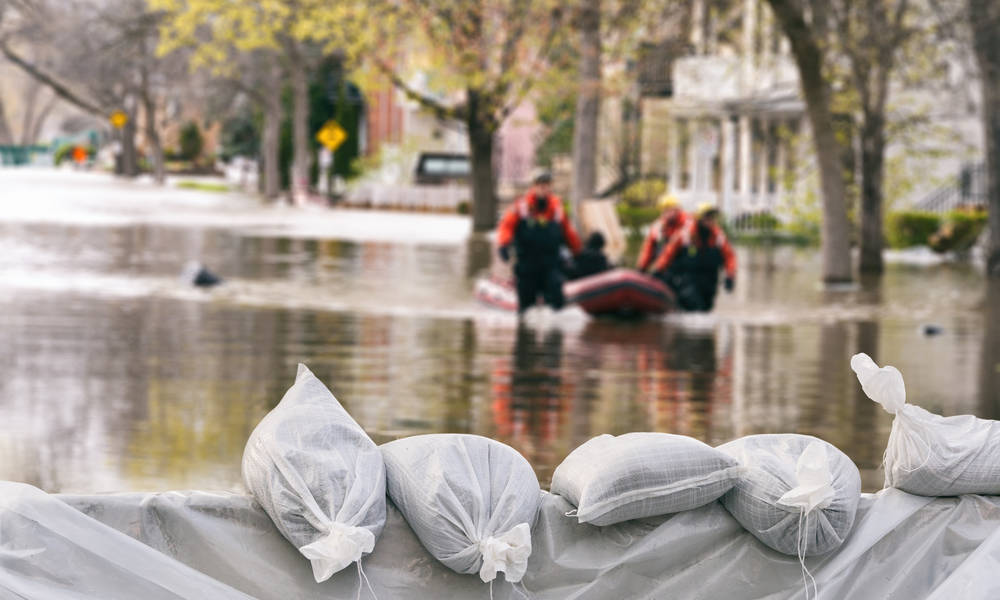
The Partnership That Built a Better Disaster-Response Database
The new Disaster Response Alliance builds on the expertise of two associations representing building professionals.
After an earthquake, hurricane, or other cataclysm, communities often look to structural engineers and other building professionals to assess long-term damage. For the past two years, the International Code Council (ICC) and National Council of Structural Engineers Associations (NCSEA) have been working to create a tool to help speed up that process.
Launched earlier this month, the Disaster Response Alliance is a database of vetted building safety professionals who are prepared to assist after emergencies. Although NCSEA had maintained its own database of structural engineers for more than a decade, it had recently been looking for ways to expand.
I would give the volunteers 90 percent of the credit on this one.
“Our goal was to grow that database as much as possible,” said NCSEA Executive Director Alfred Spada. “ICC, from the building-official side of things, has been successful for a very long time. It’s just logical when you put our group together with their group, we can exponentially grow the number of people qualified as second responders.”
Prior to the alliance, ICC maintained a similar database of building-code professionals, the Disaster Response Network. And with the rise of devastating hurricanes in the United States in the past two years, ICC saw the value in joining forces.
“In the past few months, we’ve seen Hurricane Florence and Michael, and in the past year Harvey and Irma, so the need for a resource for skilled volunteers has only increased,” said Kelly Sadler, ICC Government Relations Regional Manager and Disaster Response Alliance Staff Program Manager. “That made this even more important for us to work together and collaborate on this initiative.”
Both organizations said the Alliance makes minimal demands of their staff. Sadler said ICC has a team from its government relations, communications, and marketing departments to promote the database. NCSEA has a volunteer group, the Structural Engineering Emergency Response Committee, that had been charged with running the prior database and now helps manage its expansion. “I would give the volunteers 90 percent of the credit on this one,” Spada said, not just for running the database but for suggesting the outreach to ICC that helped create the Alliance.
To help sustain the Alliance, both organizations have a three-person oversight committee made up of board members and volunteer leaders. A shared sense of mission—and lack of competition—should help the Alliance run smoothly, Spada said.
“It’s really up to both of us to promote it, to get people to use it,” he said. “And the product we’re talking about has nothing to do with revenue. It’s all about growing a database that both groups can get behind and that’s truly at the core of both groups’ missions, which is making sure the general public is safe.”
Both ICC and NCSEA say they’re open to adding more groups to the Alliance in the future, so long as their participation remains mission-focused. “The more names that you get involved with something, the more opportunity there is,” Spada said. “But they have to have that same understanding that this is not a revenue generator. This has nothing to do with money.”
(Marc Bruxelle/iStock/Getty Images Plus)






Comments